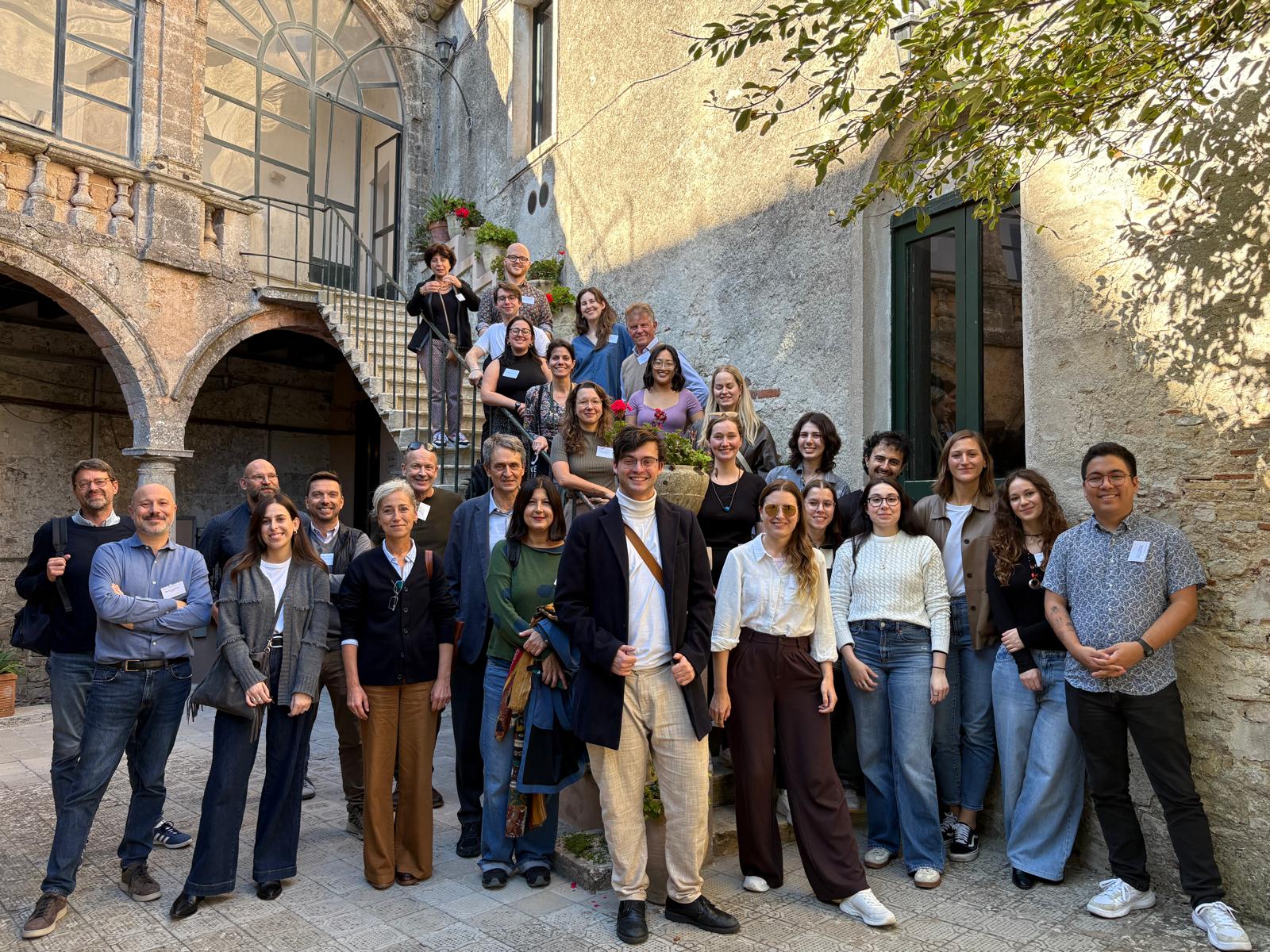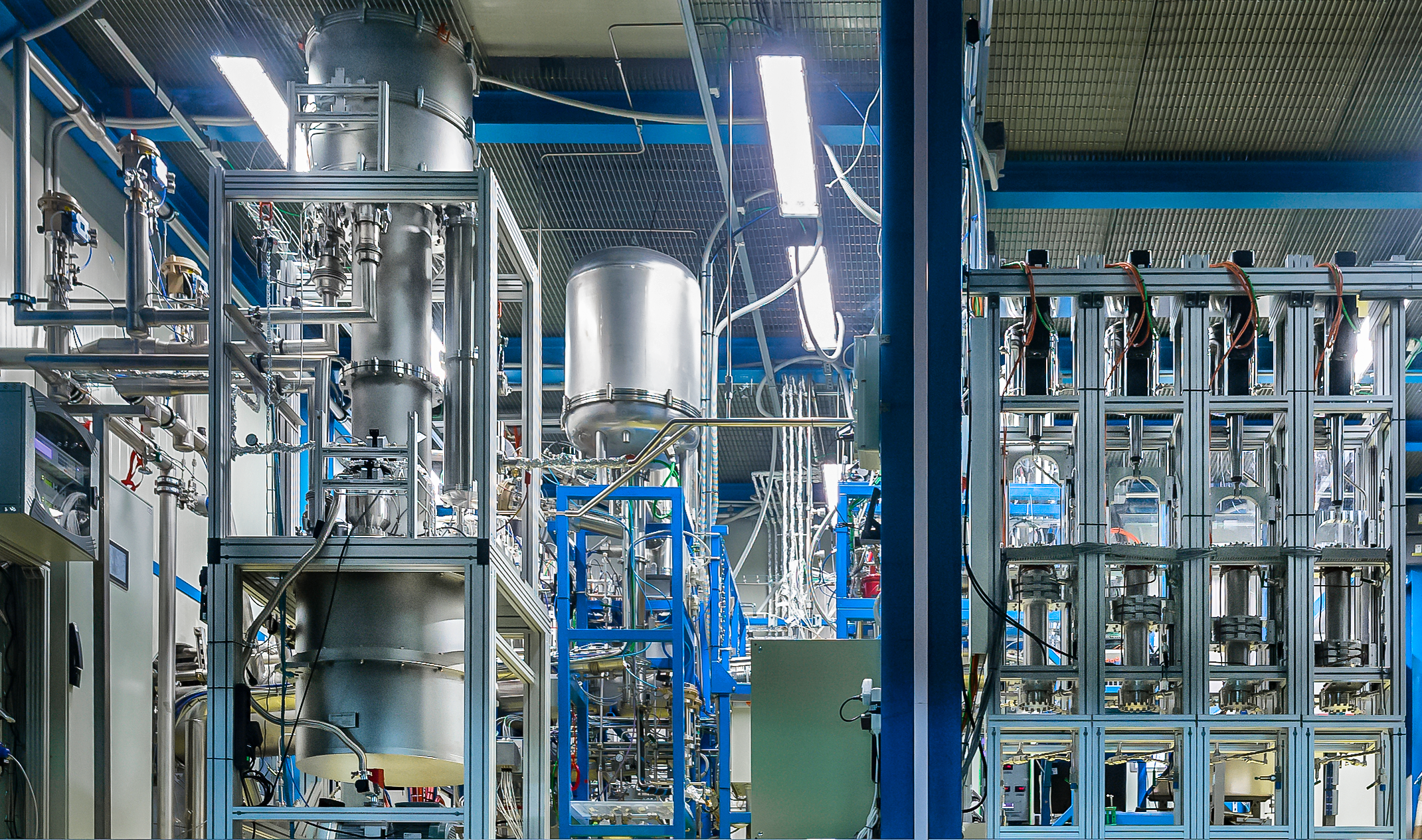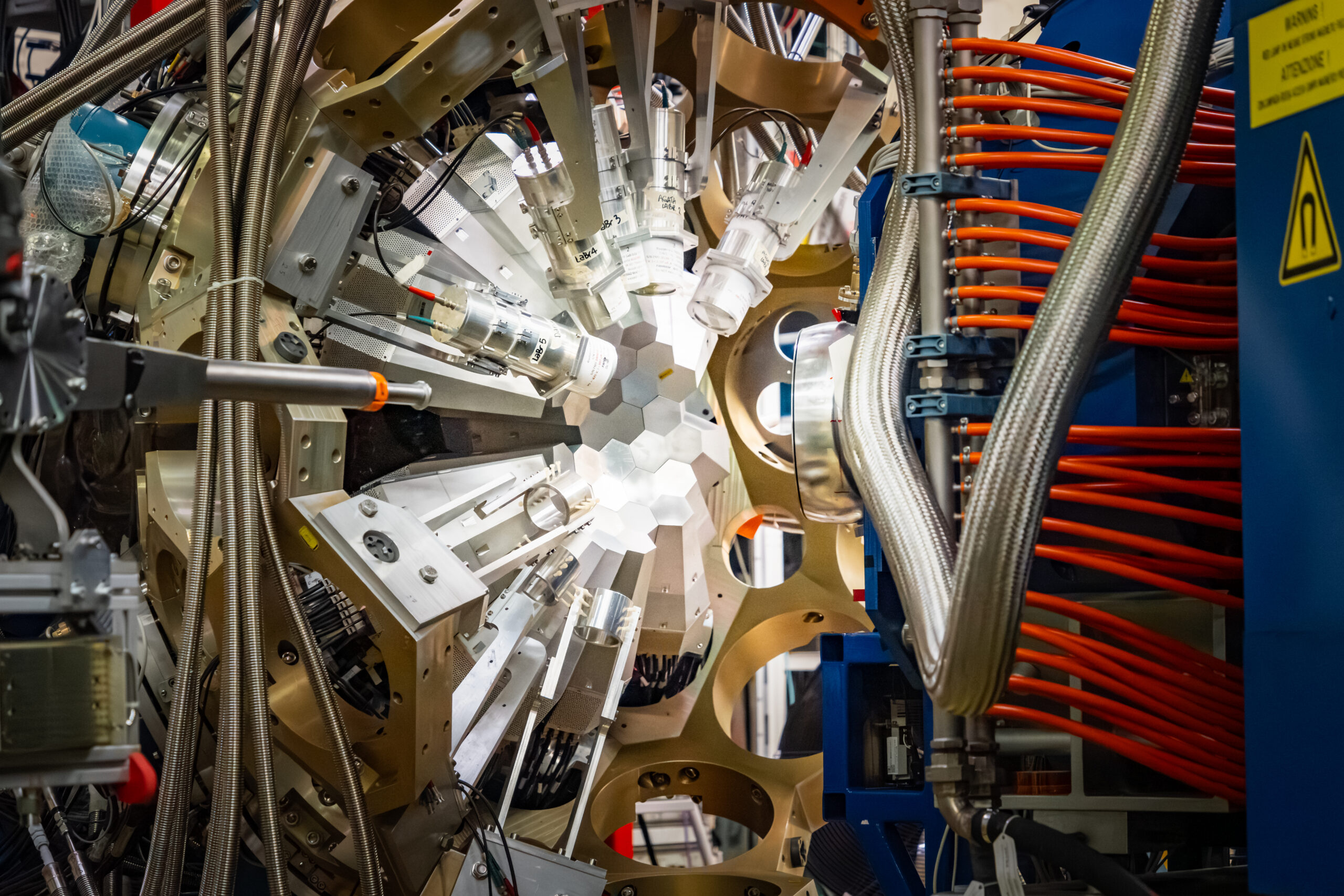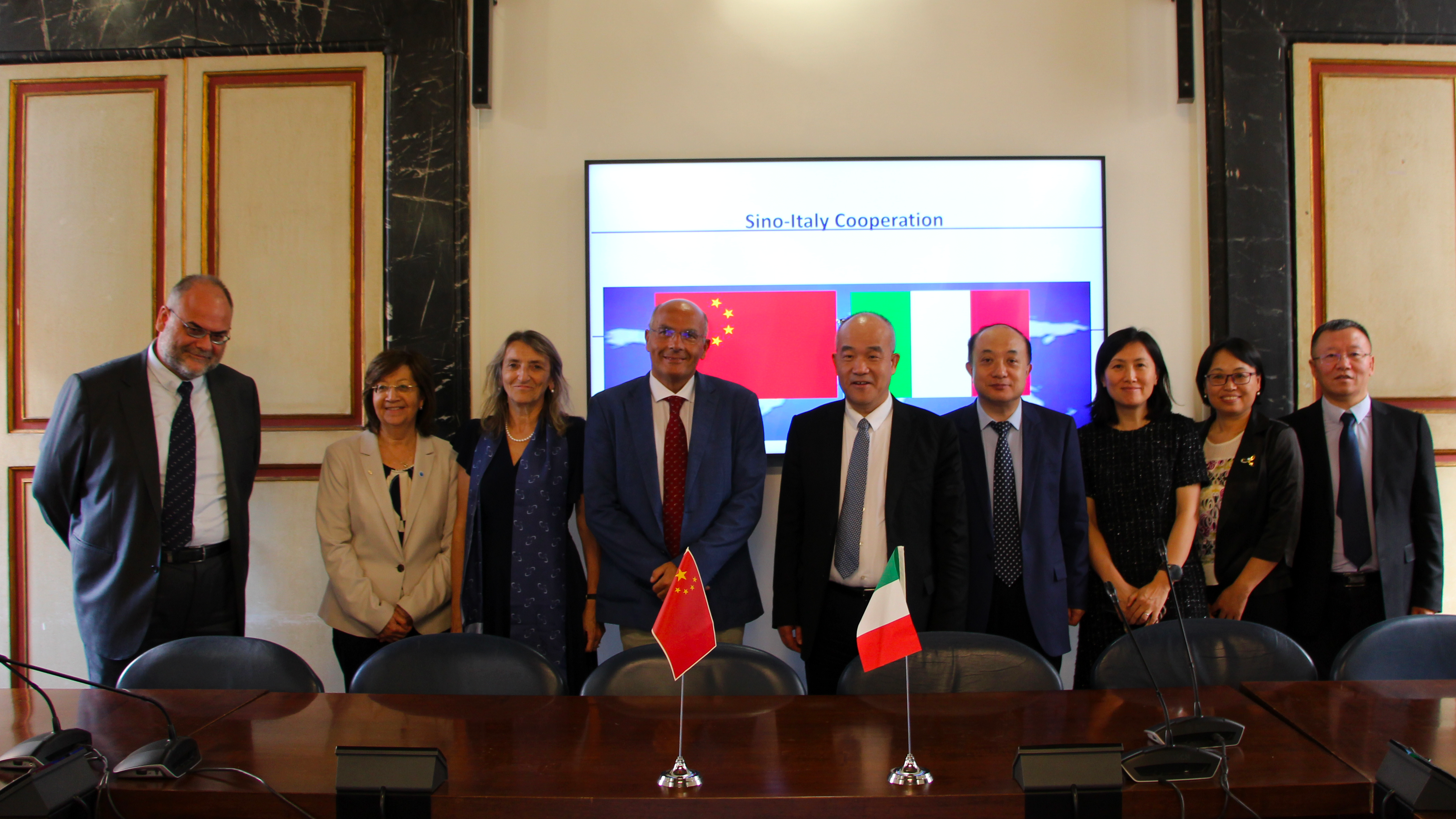 INDIGO–DataCloud, the project funded within the scope of the European Horizon 2020 programme of the European Commission and coordinated at the continental level by the National Institute for Nuclear Physics (INFN), in mid-August reached an important milestone: the release of the first version of Cloud software platform for scientific research. Called Midnight Blue, the platform is open source, flexible and free-of-charge and capable of operating on both public as well as private Cloud infrastructures. The goal is to provide the European scientific community with tools to do research more effectively. A platform able to respond at the same time to the calculation, processing and data storage needs of researchers from very different disciplines, without having to rewrite the software from scratch each time, through the common use of advanced functionalities provided by the INDIGO
INDIGO–DataCloud, the project funded within the scope of the European Horizon 2020 programme of the European Commission and coordinated at the continental level by the National Institute for Nuclear Physics (INFN), in mid-August reached an important milestone: the release of the first version of Cloud software platform for scientific research. Called Midnight Blue, the platform is open source, flexible and free-of-charge and capable of operating on both public as well as private Cloud infrastructures. The goal is to provide the European scientific community with tools to do research more effectively. A platform able to respond at the same time to the calculation, processing and data storage needs of researchers from very different disciplines, without having to rewrite the software from scratch each time, through the common use of advanced functionalities provided by the INDIGO platform. Taking part in the INDIGO–DataCloud project are 26 public and private partners from 11 different
European countries. Funded with 11 million Euros, it was officially launched in April 2015 and will last
for 30 months. Scheduled for the coming months is the release of a second version of the software,
expected in the spring of 2017, thanks to the collaboration of data processing centres in and outside
Italy and with multidisciplinary research teams. https://owncloud.indigo-datacloud.eu/index.php/s/AawfpkB8ukBXnas





